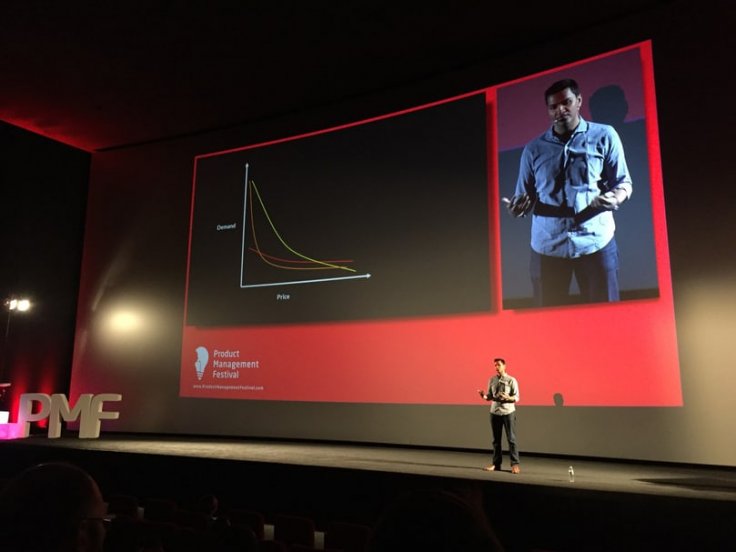
Online learning is undeniably convenient. Nowadays, you can earn a bachelor's or master's degree for an affordable price from the comfort of your home.
Coursera is a leading online learning platform, with a range of offers from free lectures to online degree programs from over 200 top universities and companies. Coursera serves learners in their homes, through their employers, colleges, universities, and government-sponsored programs. As of December 31, 2020, over 2,000 organizations pay for Coursera for Business and, in 2020, more than 4,000 colleges and universities launched free programs through Coursera for Campus. Over 300 governments and agencies around the world use Coursera for Government to upskill and reskill their civil servants and citizens.
Kapeesh Saraf, IT expert in product management, led Coursera's latest addition – Coursera Plus. Previously, learners could subscribe to an individual course for $49/month. With Coursera Plus, learners gain access to all courses for $59/month or $399/year. Coursera Plus has over 100,000 paying subscribers and it led to a dramatic increase in learners enrolling in and completing courses, increasing overall revenues for the company. Another unique aspect of Coursera is the quality of academic partners offering programs, including Stanford, University of Michigan, Yale, UPenn, and University of London.
Coursera is a one-stop shop for all learning needs throughout a learner's life: from a 1 hour guided project to a fully online bachelor's or master's degree completed over several years. In addition, these offerings are modular and 'stackable', which means that a student can start with a small course and then upgrade to a larger one. Kapeesh observed that students would take a short course on Coursera, gaining confidence in their ability to learn, and then apply for a full degree program at a university. However, they did not previously receive any credit for their learning on Coursera. As a result, Kapeesh helped come up with the "stackable degree model" – a groundbreaking innovation.
The model consists of specialization certificates that are open to anyone. If someone is accepted to a university degree program, then these specializations will count as progress. Additionally, those who perform well in these courses can potentially bypass traditional admissions requirements. This provides an opportunity to those who do not meet the traditional admissions criteria of top universities but have the underlying skills. To facilitate this experience, Kapeesh developed a great deal of technical innovation to enable content to be reused across multiple programs, keeping track of student progress across them and presenting the best pathways to each learner.
This project has been wildly successful. Currently, over 30 degree and Mastertrack programs use the Coursera platform and this technology. Students get the exact same degree but at a fraction of the price. Furthermore, these are programs from top international universities.
When the COVID-19 pandemic began, students around the world we're stuck at home. To help, Kapeesh created another innovative project - Coursera for Students. Any student could log in using their school email and invite all their classmates to learn on Coursera for free. So far, Coursera for Students has been used by almost one million students in thousands of schools across the globe. Coursera experienced tremendous growth during the pandemic with over 30 million new users.
If you are serious about learning, Coursera is an excellent place to look. Online education is the only sound response to the destabilizing impact of 2020. It can give us flexibility and an alternative education model of how we can be upskilled and trained. So, what are you waiting for?








